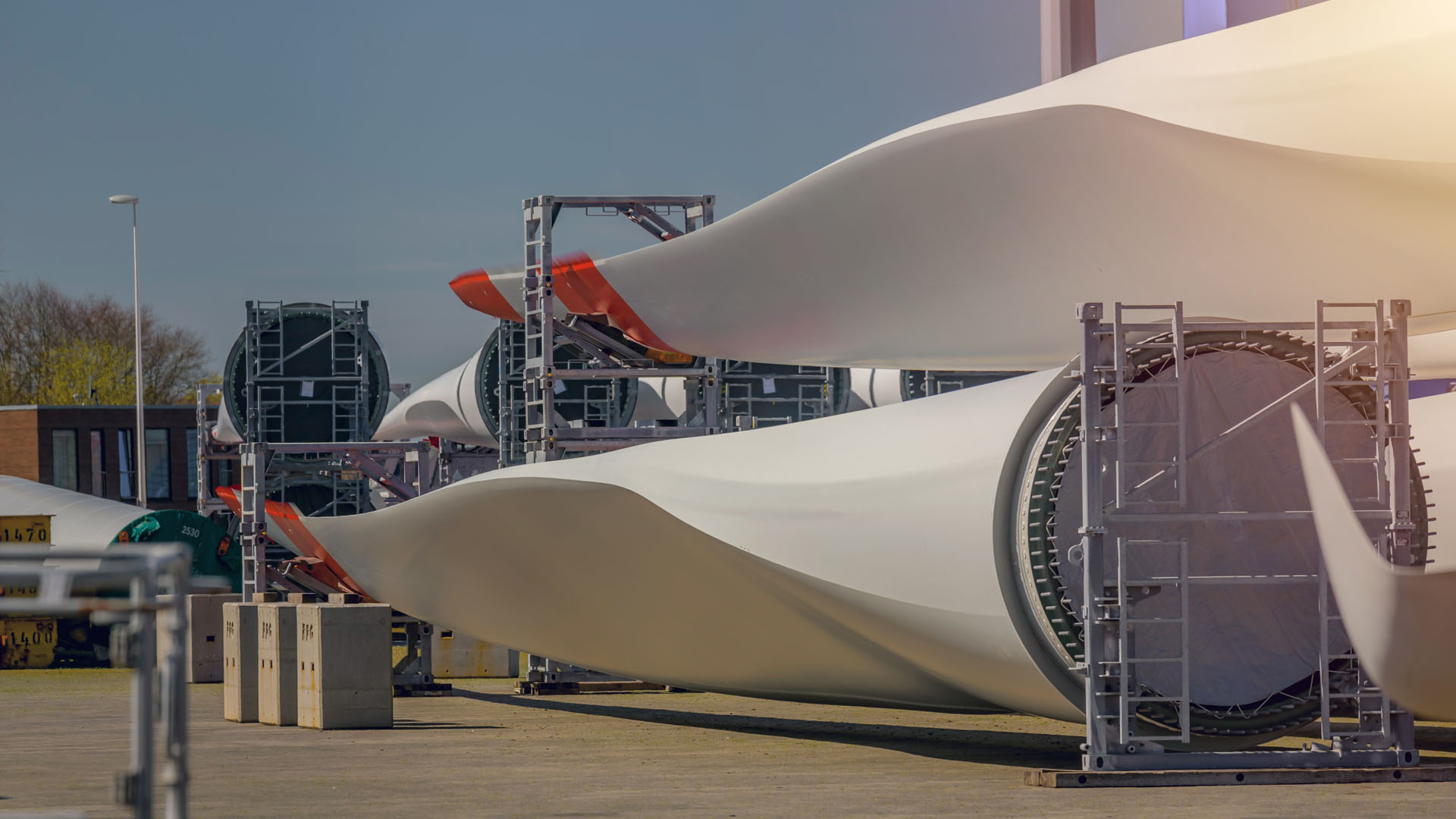December 3, 2024
Ayesa helps digitalise the manufacturing process to make it more efficient
The project responds to the need to increase the flexibility of supply chains and make finding suppliers easier.
The company is also creating a digital passport for each product, as well as developing AI algorithms to optimise and improve the sustainability of the production process.
Ayesa, a global provider of technology and engineering solutions, through the i3B Innovation Institute, is leading the European project known as REED (REsponsive and REconfigurable value network for the manufacture of bulky parts). Funded by the EU’s Horizon Europe initiative, its aim is to digitalise the production process of complex, bulky parts used for large infrastructure, thereby making it more efficient and sustainable.
Demand for complex, bulky parts with a long service life is quickly growing in sectors such as energy, railways and infrastructure. Their manufacturing process tends to be labour intensive, from handling and preparation through to final assembly. As many tasks have to be completed manually, levels of precision and efficiency are often low, hazards caused by unstable parts are common, and the amount of physical work is particularly high.
This means that few companies are able to produce components that meet the required standards, even when they have the appropriate team in place. Furthermore, the approval process for subcontractors tends to be very complex and is often based simply on trust between the client and supplier. ‘Manufacturers often have difficulty finding the equipment needed to configure, handle and model parts as the process is commonly based on word of mouth. This makes supply chains inflexible and identifying alternative suppliers challenging’, explains Pedro de la Peña, Project Lead at Ayesa.

Digitalising the manufacturing process
This rigidity means it is necessary to identify, monitor and make traditional supply chains more responsive and reconfigurable so that they are able to offer an effective solution to the challenges faced.
As such, the main objective of the REED project ‘is to develop a Manufacturing as a Service (MaaS) platform to offer the technology, equipment and services necessary to produce bulky parts for the capital goods sector, while ensuring the quality of components, maximising productivity and minimising environmental impact’, explains the Project Lead. The REED platform is ultimately set to redefine B2B relations through an online digital production model.
The project is being led by i3B, as part of a consortium made up of 14 European partners. As such, it is responsible for coordination and management, as well as three technical areas. The first is ensuring the secure exchange of information through the implementation of a manufacturing data space. ‘This MDS, based on IDS and Gaia-X standards, will allow different resources and models to be shared between those involved in the REED project’, explains the Project lead.
The second is the creation of a DPP (digital product passport) containing essential information on the steps involved in manufacturing the product as well as information on sustainability, among others. The third is AI algorithms designed to optimise the production process.
We support your projects
We are here for you, to advise you personally and offer you the product you need.